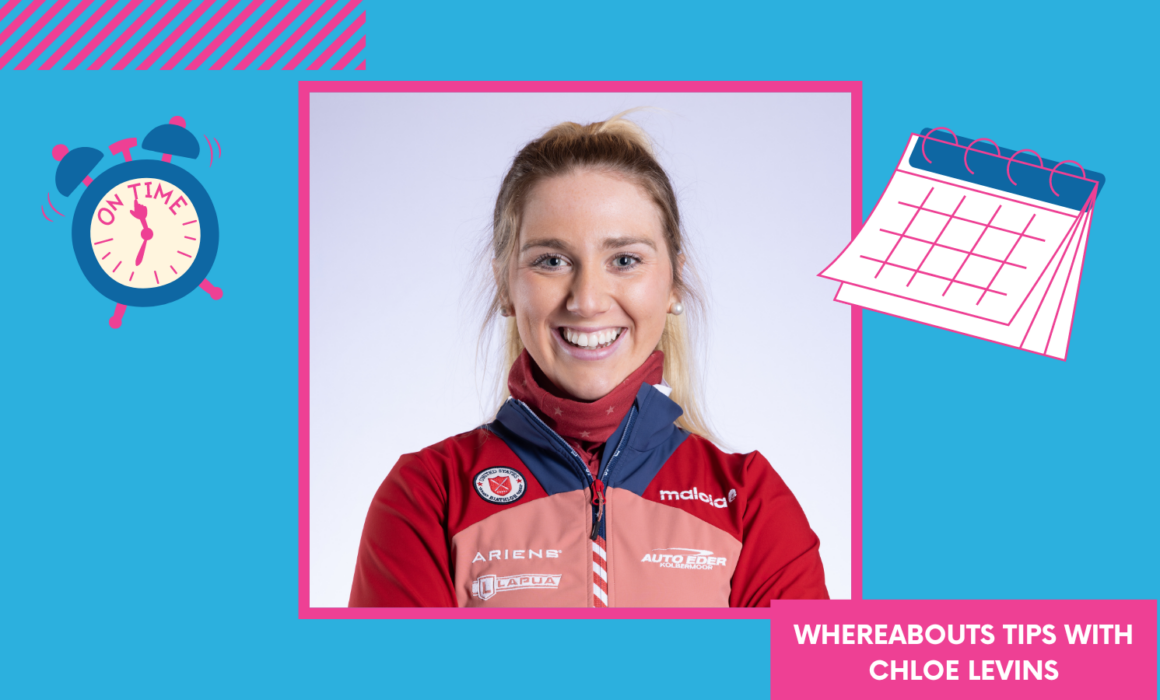Good Whereabouts habits
Ahead of the new season, we talked to BIU ambassador Chloe Levins about the importance of good Whereabouts habits.
In the BIU’s latest podcast interview, USA’s Chloe Levins explains why she believes that good Whereabouts habits are imperative to comply with the rules of the World Anti-Doping Code and to maintain equality of opportunity in biathlon.
Once biathletes reach a certain level of excellence, and are included in a testing pool, they must abide by anti-doping rules and submit Whereabouts, Chloe explains, adding: “It’s part of the duty they must accept to ensure integrity in the sport… Every athlete has the right to be free of the concern that the competition is tainted or fabricated due to a doping violation.
Chloe stresses the importance of filing Whereabouts information as accurately as possible. This includes detailed information about the address at which an athlete can be found during his or her daily 60-minute testing time slot (for example, hotel room numbers or the name of an apartment where an athlete is staying).
This is especially important out of hours when there might be no one available at the reception of a hotel or apartment block to direct doping control officers to an athlete’s room. “In my experience,” Chloe adds, “it’s always been better to give more information than less.”
Chloe has been submitting Whereabouts information to the US Anti-Doping Agency for seven years. “What’s been really important for me is to have consistency and routine around my reporting practice,” she says. “For example, I have USADA bookmarked on my computer, right next to my training log, and as I update my training log, I also update or check that my Whereabouts are correct.
“Having this routine of pairing your Whereabouts with something that you do every day helps you avoid unintentional mistakes in reporting.”
What if the athlete is in a place without an internet connection? “For those of us that travel year-round, there are certain locations that are notoriously unstable in terms of internet access,” Chloe says. In such a case, her advice is to make use of the SMS text message facility that is available via ADAMS, the World Anti-Doping Agency’s Anti-Doping Administration & Management System.
Chloe recommends saving ADAMS, or a national anti-doping organisation, as a contact in athletes’ phones. “There really is no excuse if you don’t have internet connection,” she says. “There still is that ability that you can submit your Whereabouts via text. It’s a great function, and more people should use it.”
Although others, such as coaches or agents, are permitted to submit Whereabouts information on behalf of an athlete, Chloe warns that the athlete remains solely responsible for their Whereabouts, regardless of who submits them. “So,” she concludes, “it’s really important for the athlete to double-check the location and to be where you’ve said you’re going to be.”
To listen to the podcast, click here.


